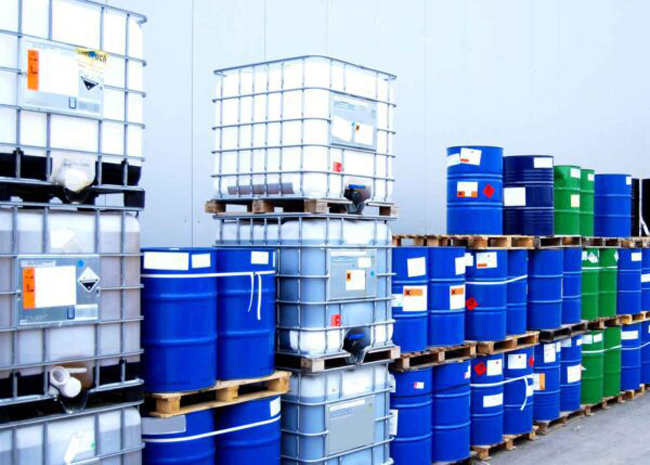Application in polypropylene resin (PP)
Talc powder is often used to fill polypropylene. Talc powder has a flaky structure with a thin sheet configuration, so talc powder with a finer particle size can be used as a reinforcing filler for polypropylene. In the modified system of polypropylene, the addition of ultrafine talc powder can not only improve the rigidity, surface hardness, heat creep resistance, electrical insulation, and dimensional stability of polypropylene products, but also improve the impact strength of polypropylene. Adding a small amount of talc powder to polypropylene can also act as a nucleating agent to improve the crystallinity of polypropylene, thereby improving the mechanical properties of polypropylene. In addition, due to the improvement of crystallinity and the refinement of grains, the transparency of polypropylene can also be improved. Polypropylene composite materials filled with 20% and 40% ultrafine talc powder can improve the rigidity and creep resistance of polypropylene at high temperatures, both at room temperature and high temperature.

In the automotive industry, polypropylene with talc is mainly used for car bumpers and dashboards, and is also used for fan covers, heater covers, ducts, battery heat shields, fluid pump parts, etc. In the aircraft industry, it is used for refrigerator door gaskets, heater and vacuum pump covers, and washing machine agitators; in the electrical industry, it is used for injection molding of various instrument housings and electrical components, and in the home appliance industry, it is used for injection molding of refrigerator drawers, washing machine drums, and other injection molded parts.
Application in polyethylene resin (PE)
Talc is a natural magnesium silicate. Its unique micro-scale structure has a certain degree of water resistance and high chemical inertness, so it has good chemical corrosion resistance and sliding properties. It can be used to fill polyethylene as an engineering plastic with good chemical corrosion resistance and fluidity, and can compete with ABS, nylon, and polycarbonate.

Filling polyethylene with it can improve the following properties: toughness, flexural modulus and torsional modulus; improve flexural strength; reduce creep tendency at room temperature and high temperature; increase thermal transition temperature and dimensional stability; improve deformation and warping, and also have a lower thermal expansion coefficient; improve thermal conductivity; improve the surface hardness and finish of molded parts; improve the mechanical strength of polyethylene. Adding different proportions of talcum powder will have different effects on the physical properties of polyethylene materials, and the addition ratio is 10-15% to achieve the best.
For polyethylene blown film, filling ultrafine talcum powder masterbatch is better than other fillers, easy to form and good processability. Moreover, this kind of film can reduce the oxygen permeability by 80%, which is particularly suitable for packaging oily foods, such as peanuts, broad beans, etc., and keep oil-free and non-deteriorating for a long time: this kind of film can reduce the water vapor permeability by 70%, has good moisture resistance, is very suitable for underground geotextile moisture-proof cloth, and is also suitable for packaging food.
Application in ABS resin
ABS resin is an amorphous polymer with excellent molding processability like polystyrene; it has good impact strength, good low temperature resistance, high tensile strength and good creep resistance. In order to improve the existing performance of ABS, people have widely carried out research on ABS modification. For example, automobile instrument panel blister sheets made by blending ABS and PVC, and imitation leather luggage cover leather made by blending ABS and PVC, not only have high strength and toughness, but also can maintain the durability of surface patterns. This blended material is filled with ultrafine calcium carbonate or ultrafine talcum powder, which can significantly improve the notched impact strength and tear resistance of the blended material. For example, adding 5-15% ultrafine talcum powder or calcium carbonate can increase the notched impact strength by 2-4 times.
Because ABS is an amorphous polymer with the function of accommodating more fillers. Among them, the addition of ultrafine talcum powder can not only significantly improve the original performance of ABS, but also reduce costs. Therefore, it is often used to injection mold the shells of various instruments, televisions, tape recorders, mobile phones, etc. Of course, it is also widely used in other fields such as textile equipment, electrical parts, automotive parts, aircraft parts, etc.


